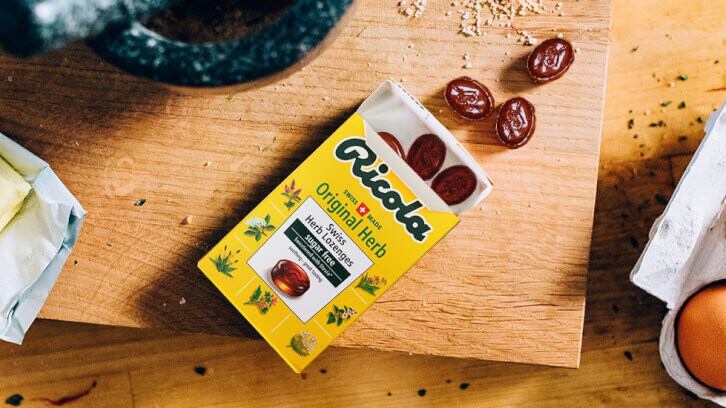The perspectives were shared in the recent Healthy Beverage Innovation APAC interactive broadcast, hosted by FoodNavigator-Asia and NutraIngredients-Asia. In an interactive panel debate, several industry experts discussed about the scope for NPD innovation in the healthy beverage space, and growth markets in APAC.

Speaking at the panel discussion, Dr Chyn Boon Wong, assistant manager, marketing and scientific affairs, at Morinaga Milk Industry, said that beyond sugar and additives reduction, there has been a rising demand in APAC for “adding functional ingredients to beverages to provide specific health benefits beyond hydration.”
Consumer trends guiding healthy beverage NPD
The consensus was shared by Mark Curry, founder and nutritionist, at Savvy Beverages, and Aashim Malhotra, VP and managing director APAC, food and beverage group, at Dole Sunshine Company, who said that gut health and mental wellbeing are set to drive the next wave of functional beverage innovation.
However, Curry highlighted the need for scientific evidence to back the claims, citing the case of nootropic beverages in Australia:
“The most important thing to do when you’re using functional ingredients like nootropics is to dose them in the correct amount, or they won’t simply work. The major thing is ensuring your product does provide the function you’re setting out to provide, say an enhancement to mood, energy, performance or reduction of stress or fatigue. And there is science to showcase it will do that.”
While nootropics remain niche, there is a growing demand for beverages with probiotic benefits. Capitalising on Curry’s claim for scientific legitimacy, Wong posited that consumer education can help to drive demand for such beverages:
“In recent years, probiotics have been attracting a lot of attention and people are looking not only for gut health benefits, but also for immunity support.
“However, a lot of times, many probiotic ingredients cannot be added into liquid because of stability and viability issues. The consumer demand for probiotics therefore provided a new avenue and more room for innovation. Postbiotics emerged as a new ingredient and its mechanism of action is more closely related to probiotics.
“With increasing consumer awareness of the link between gut and immune system, I think that educating consumers of the benefits and underlying mechanisms of action of a post-value ingredient can contribute to their perception, and it can help to optimize and create a consumer-preferred product.”
Younger consumers like millennials and Gen-Z are also more receptive towards purchasing functional beverages. What these consumers value is shifting from simply “good for me” to “good for us” as sustainability concerns – such as the use of natural and organic ingredients, as well as recyclable packaging – become top of mind, Malhotra added.
Growth markets in APAC
Toby Manley, content manager at GourmetPro, commented that alongside Australia and New Zealand known for healthy beverages, Japan is set to lead this market in APAC with the functional benefits aspect.
Reasons being firstly, it is home to some of the world’s biggest beverage companies such as Kirin and Suntory; secondly, they have been experimenting with functional beverages for a long time, especially with legacy categories like tea, coffee, sodas, and sports drinks; and thirdly, they have been routinely launching new functional beverages to the market.
For developing markets like South East Asia and India, consumers remain limited by the literacy and awareness of functional benefits. However, Malhotra and Manley emphasised that there is still potential for growth although it “still at the tip of the iceberg.”
Manley pointed out a few drivers of growth for functional beverages in India:
“There’s an enormously booming consumer class already very well connected to the internet and sources of information. There’re also several health challenges such as high rates of diabetes and protein deficiency.
“It’s a market I think is setting up to be extremely significant for healthy beverages, especially over the next decade. And I think this is so far from what I'm seeing and all the industry players I’ve been speaking.
“I don't quite think and here's getting enough attention yet, as a market for healthy beverages and it really should do because there's so much potential there. Healthy beverages can play a very positive role in supporting some of the health challenges.”


